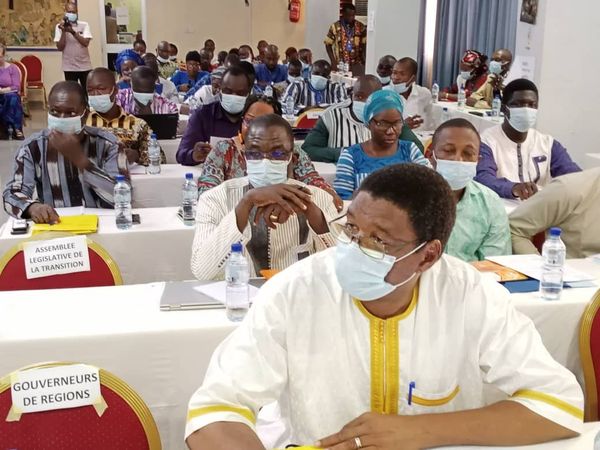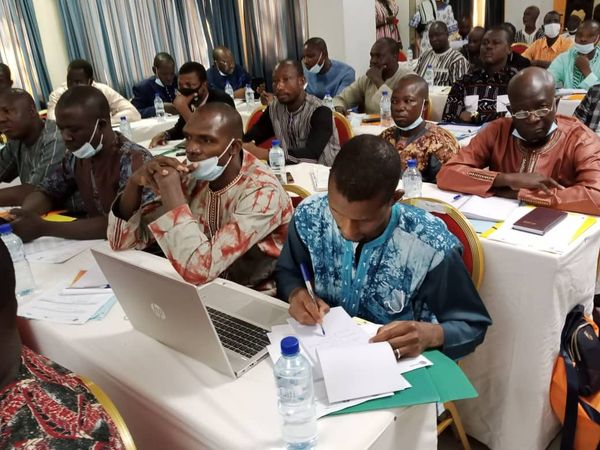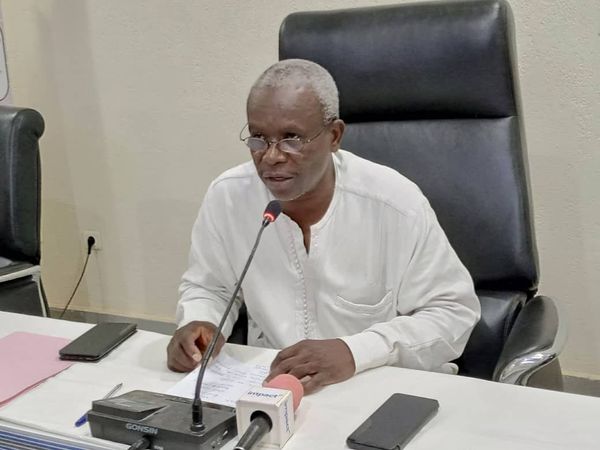Local development mining fund (LDMF): civil society calls for 30% to benefit women and youth
– Advocacy targets: members of special delegations
– The legal framework, mechanisms and conditions of use of the LDMF developed
– The amounts already received, the monitoring bodies explained
The NGO ” Organisation for the Reinforcement of Development Capacities ” (ORCADE) in collaboration with the Association of Women in the Mining Sector (AFEMIB) is organising an information session on the use of the Local Development Mining Fund (LDMF) in Ouagadougou today, 22 July 2022. Created in the 2015 Mining Code, the LDMF is funded by 1% of the turnover of operating companies and 20% of the proportional royalties collected by the State. The LDMF is intended to finance communal and regional development plans of local authorities. The distribution of resources is carried out on a half-yearly basis by a national committee for the distribution of the fund’s resources. At the local level, a communal committee is responsible for validating the projects selected by the municipal councils. Operationalised in 2017, the first distribution took place in 2019. To date, the sum of 121.432 billion FCFA has been collected and distributed to the communities.

The resources of the LDMF are used for investments in the basic social sectors, including education, health and drinking water. They do not finance operating expenses.
What is the place of women in the LDMF? ORCADE and AFEMIB have already begun to advocate for the use of resources to benefit women. The advocacy aims to allocate 30% of LDMF resources to finance projects that meet the specific needs of women and young people.
Following the coup d’état of 24 January 2022, the municipal and regional councils responsible for managing the LDMF were dissolved and replaced by special delegations. These special delegations are composed of new actors who do not always master the subject.

This is why this training was initiated for the benefit of the special delegations and extended to other state and non-state actors. Several topics will be addressed, including the legal framework of the LDMF, the mechanisms and conditions of use, the amounts already received, and the monitoring bodies. During the training, information on the advocacy of 30% for women and youth will be communicated, as well as the role and responsibilities of all actors in the use of the LDMF. This activity was organised in partnership with OXFAM, EIRENE and Hewlett Foundation.
Elie KABORE :










